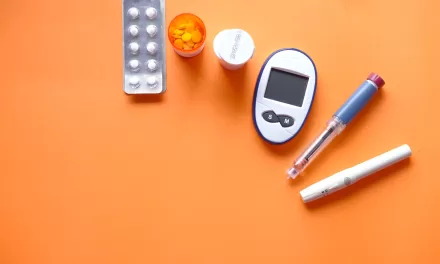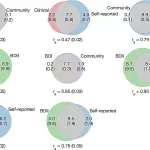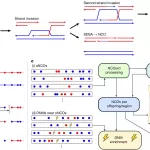The risk of heart disease increases with age for most people, but for women, the menopausal transition significantly heightens that risk, according to a 2020 scientific statement by the American Heart Association (AHA), published in Circulation. As Dr. Garima Sharma, a volunteer with the AHA, points out, cardiovascular disease poses a greater threat to women than many realize.
“While many think breast cancer is the leading killer of women in the U.S., the reality is that heart disease claims more lives than all cancers combined,” said Dr. Sharma, director of women’s cardiovascular health at Inova Health System in Virginia. “One in 39 women in the U.S. dies from breast cancer each year, while 1 in 3 dies from cardiovascular disease. That’s approximately one death every minute—and menopause plays an important role in this elevated risk.”
The Impact of Menopause on Heart Health
Menopause is a natural stage of life for most women in their 40s or 50s, but it brings profound hormonal and physiological changes that directly affect cardiovascular health. A decline in estrogen levels, coupled with other factors like hot flashes, sleep disturbances, and increased body fat around vital organs, creates a “perfect storm” for heart disease risk.
Though menopause does not directly cause cardiovascular disease, it significantly impacts factors such as cholesterol levels, the stiffening of blood vessels, and weight gain—especially fat stored around internal organs, which raises the risk of heart disease and stroke.
“It’s never too early to start learning how the significant changes brought on by menopause affect your heart health, even in your younger years,” Dr. Sharma added. “In fact, being heart-healthy before menopause can help mitigate these risks later on.”
Research Highlights Increased Risk
Numerous studies presented at AHA scientific meetings or published in its medical journals underscore the growing evidence linking menopause to cardiovascular issues. Key findings include:
- Atrial Fibrillation Risk: A study in the Journal of the American Heart Association (JAHA) found that 1 in 4 women may develop atrial fibrillation, an irregular heart rhythm, after menopause. Stressful life events and insomnia were significant contributors.
- Heart Failure and Obesity: Another JAHA study revealed that women who experienced menopause after age 55 had a higher risk of heart failure, particularly if they were obese.
- Early Menopause and Coronary Heart Disease: Women who entered menopause naturally by age 40 faced a 40% higher lifetime risk of coronary heart disease, according to a 2022 study presented at the AHA’s Epidemiology, Prevention, Lifestyle & Cardiometabolic Health Conference.
- Early Menopause and Dementia: A separate study presented at the 2021 EPI meeting found that very early menopause (before age 40) increased the likelihood of developing dementia later in life by 35%.
- Social Isolation and Cardiovascular Risk: Another 2021 study revealed that post-menopausal women experiencing social isolation and loneliness had a 29% higher risk of cardiovascular disease.
Addressing the Risks
Dr. Sharma stressed the importance of personalized care for women during the menopausal transition. “More women in the U.S. are living longer, and a significant portion of their lives will be spent post-menopausal. This makes it critical to monitor their health, focusing on tailored interventions that reduce cardiovascular risk.”
While solutions aren’t one-size-fits-all, early awareness and proactive heart health measures can significantly reduce the risks. Experts advise women to work closely with their healthcare providers to develop strategies that promote heart health during and after menopause.
Conclusion
Menopause marks a crucial period for women’s heart health. With women now living longer and spending more of their lives post-menopausal, understanding and addressing the unique cardiovascular risks associated with this transition is vital. By fostering awareness and emphasizing preventive care, healthcare providers can help women navigate this life stage with a lower risk of heart disease and a healthier future.











